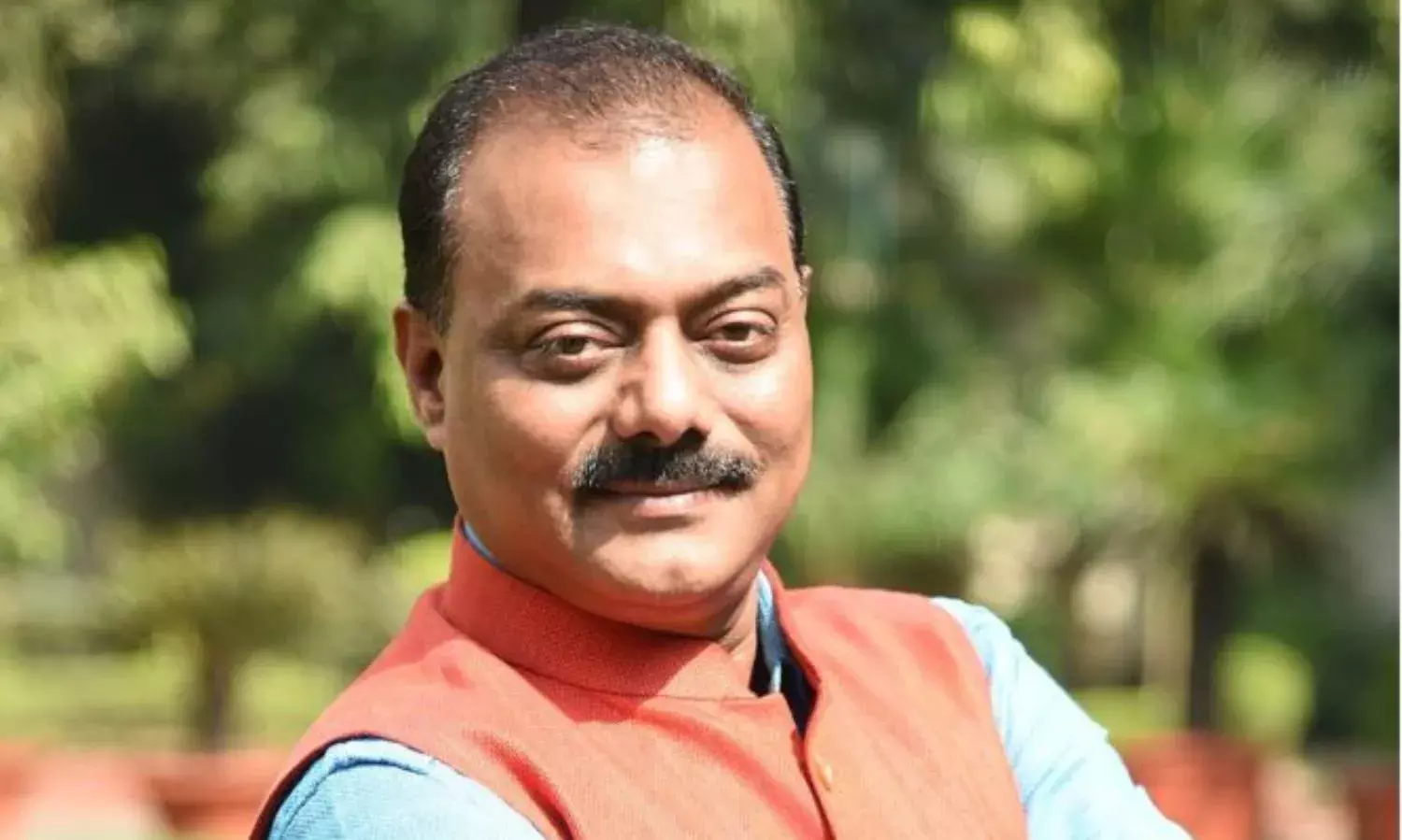Prophets of Insecurity
Their remarks threaten our social, economic and national security

Nupur Sharma and Naveen Kumar Jindal reportedly made remarks against Islam’s prophet Muhammad. Some Indian Muslims are outraged. The governments of Kuwait, Oman, Bahrain, United Arab Emirates, Qatar and Saudi Arabia, and Iran, have taken serious diplomatic objection, and Qatar has reportedly demanded a “public apology” from the Indian government.
From some of these countries come reports of “protests being lodged with the Indian missions, Indian goods being moved out of the supermarts, hashtags against India’s treatment of her Muslims trending, and not so veiled threats that Indians working in the region might lose their jobs. Qatar in fact cancelled an official lunch being hosted for visiting Vice-President of India Venkaiah Naidu”.
Sharma and Jindal are reportedly members of the Bharatiya Janata Party, but more importantly they are Indians, bound by the Constitution of India and its laws. They have embarrassed and shamed India in international fora, and apart from affecting India’s international stature, their remarks have caused domestic social unrest, adversely affecting India in multiple ways.
The existing socially vitiated atmosphere of the combination of lies, hate, distrust and fear on communalised lines has been worsened by Jindal and Sharma. This affects every individual’s personal security, and social security.
The law and order situations arising from social unrest adversely affect individuals, families and communities, regardless of their religion, caste, language, profession, etc. The lowest socioeconomic sections of people are, as always, hardest hit, but perhaps barring the “top 1%”, every person is directly or indirectly deprived of the safety and security to live a peaceful life.
India’s economic situation, already hit for several reasons, most recently by the pandemic and lockdowns, is worryingly getting worse. The top 1% account for 22% of national income, while around 15% of working Indians earn less than ₹5,000 a month. Worse, the income of the top 1% is growing, while the bottom 10%’s income is shrinking – the rich get richer and the poor poorer, the economic gap within societies grows, and anger and discontent increase.
If governments in west Asia block Indian exports or dismiss the Indians working there, the downstream effect will at the very least mean huge job losses, and loss of income security. This will inevitably exacerbate social unrest for economic reasons, with a negative feedback effect on India’s economic security.
There are also negative impacts on national security. When the soldier stands guard on our borders facing the Chinese PLA and Pakistan Army, or performs internal security duties, he is far away from his family. Social unrest and violence which may affect their safety and security cannot but agitate his mind. It will adversely affect his function of providing national security by defending our borders against encroachment, infiltration, aggression, etc.
Social unrest within India greatly benefits our hostile neighbours, China and Pakistan. Social unrest diverts military attention to provide “aid to the civil power,” as demanded by State or Central governments, which are unable to deal with law and order situations caused by social unrest and its consequences.
A significant component of the Indian Army is deployed on internal security duties to maintain or restore law and order, which is the primary responsibility and duty of the political/ bureaucratic/ police authorities. Social unrest will seriously hamper the rapid movement of military forces and military logistics should there be an escalation of hostilities by China and Pakistan. Social unrest can and does affect military operations, thus affecting our external security.
National security has three important aspects:
. Social security comprising the security of the People, and the societies and communities of our diverse nation
. Economic security
. Internal and external political and territorial sovereignty and security.
Other aspects such as energy security, food and water security, etc., are also important, but are not relevant to the present discussion, which is focussed upon social unrest, as argued above.
A matter which affects any aspect of national security deserves the immediate attention of the Government of India. In view of the foregoing, the government might consider taking exemplary strict and adequate action against Nupur Sharma and Naveen Kumar Jindal, perhaps under the National Security Act.



